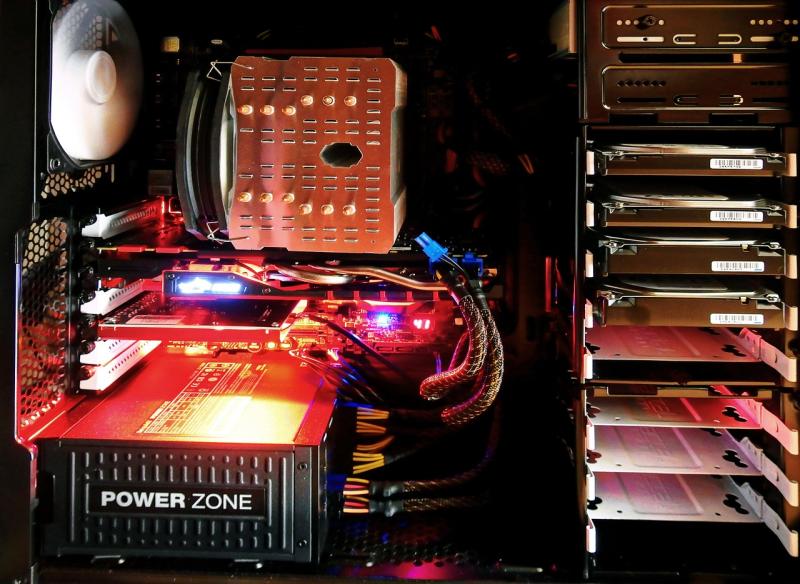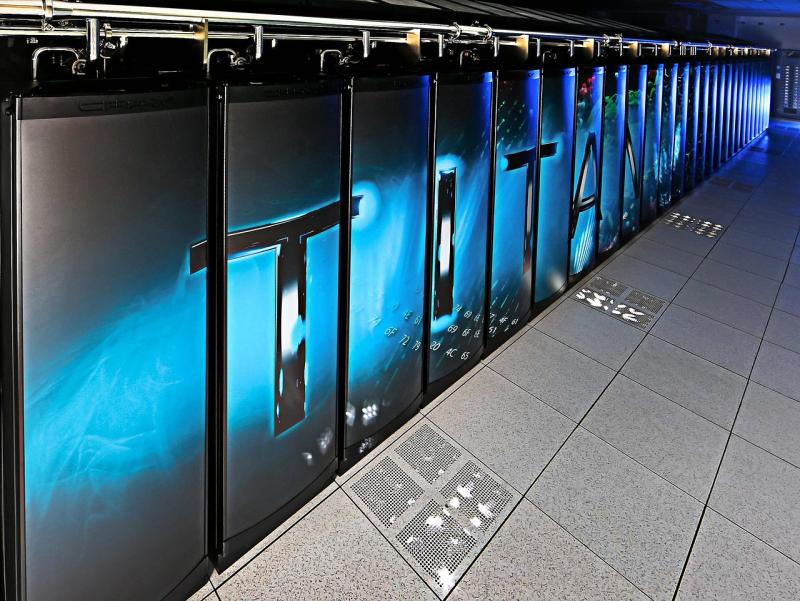Custom PCs demand efficient cooling to maintain peak performance, and two dominant methods exist: air cooling and liquid cooling. This article examines these techniques side‑by‑side, detailing their benefits, drawbacks, cost considerations, and best use‑case scenarios to help you choose the ideal cooling solution for your custom build.
**Air Cooling Essentials**
Air cooling relies on heatsinks, heat pipes, and fans to disperse warmth away from critical components. High‑quality air coolers feature optimized fin arrays and multiple high‑static pressure fans that maximize airflow. Air coolers are typically cost‑effective, easier to install, and require less maintenance than liquid cooling systems. They are well‑suited for builds with moderate overclocking and where noise must be kept low through smart fan curves and vibration‑dampening mounts.
**Liquid Cooling Innovations**
Liquid cooling uses coolant, water blocks, pumps, and radiators to transfer heat away from the CPU and GPU much more efficiently. Custom liquid cooling loops can offer lower temperatures and higher overclocking headroom, making them ideal for extreme performance builds. While liquid cooling can provide superior thermal performance and quieter operation during heavy loads, it tends to be more expensive and complex to install. Maintenance factors include careful monitoring of coolant levels and periodic cleaning to avoid microbial growth.
**Comparative Considerations**
- **Performance and Overclocking:**
Liquid cooling generally offers better performance for extreme overclocking, as the coolant maintains lower temperatures compared to air cooling. For moderate workloads, high‑quality air cooling can be more than sufficient.
- **Cost and Maintenance:**
Air cooling solutions are usually lower in cost and simpler to maintain. Liquid cooling requires a higher initial investment, careful assembly, and regular maintenance to ensure long‑term reliability.
- **Noise Levels:**
Both systems can be engineered to run quietly. However, liquid cooling systems typically operate at lower noise levels when configured properly, especially during heavy performance tasks.
**Conclusion**
Choosing between integrated liquid cooling and air cooling depends on your system’s performance needs, budget constraints, and personal preferences regarding installation complexity. For enthusiasts pushing extreme overclocks or seeking ultra‑quiet operation under heavy load, liquid cooling is the optimal choice. Meanwhile, quality air cooling remains a robust, cost‑effective, and simpler solution for most custom builds.
**SEO Keywords:**
liquid cooling vs air cooling, custom PC cooling, efficient PC cooling solution, quiet PC cooling, overclocking cooling, best CPU cooler, high‑performance air cooling, custom liquid cooling loop, PC thermal management, cost‑effective cooling PC
View our related products
See more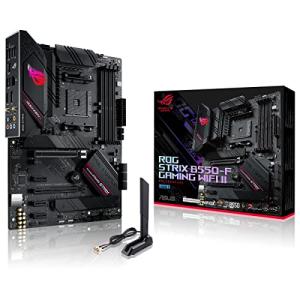
ASUS ROG Strix B550-F Motherboard
Asus
Product Review Score
4.48 out of 5 stars
227 reviews$189.99 $149.99
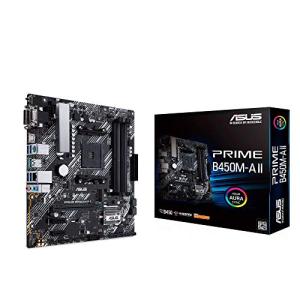
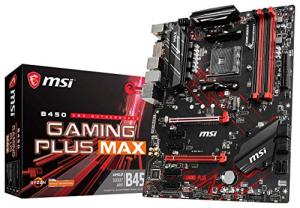
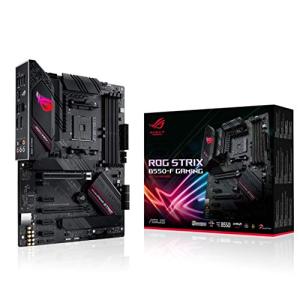
ASUS ROG Strix B550-F Motherboard
Asus
Product Review Score
4.41 out of 5 stars
170 reviews$159.99 $149.99
Integrated Liquid Cooling vs. Air Cooling: Choosing the Best Cooling Solution for Your Custom PC
Related Articles
Essential High-Performance PC Components You Need Now
Upgrade your setup with the must-have parts for unbeatable gaming and productivity
Top Picks for Best High-Performance PCs
Find the perfect power machine for gaming, work, or creative projects
Your Guide to the Best High-Performance PCs
Find the Right PC for Your Gaming and Creative Needs
View our related products
See more
ASUS ROG Strix B550-F Motherboard
Asus
Product Review Score
4.48 out of 5 stars
227 reviews$189.99 $149.99



ASUS ROG Strix B550-F Motherboard
Asus
Product Review Score
4.41 out of 5 stars
170 reviews$159.99 $149.99

